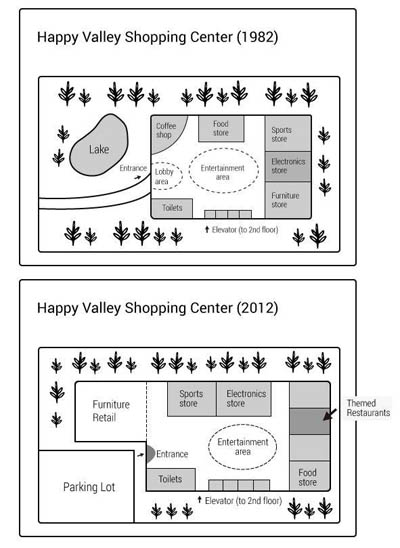In this week’s video Adam is talking about the Present Perfect tense, that you would use to describe experiences. Why experiences? Because that is the most popular and common use of the Present Perfect! What are experiences? They are things you’ve done, places where you’ve been, meetings with famous people that you’ve had, and so on.
Today Adam will show you the differences between Simple Past and Present Perfect, and after watching this lesson you won’t be making mistakes or mixing these tenses up – you will know when to use the Simple Past, and when to use the Present Perfect. So if you know in theory what Simple Past and Present Perfect are, but you’re often unsure which one to use and when, this video is perfect for you! Getting rid of mistakes in verb tenses will help you score Band 7 or higher in IELTS.
Watch the video on YouTube here
Go here to check YOUR own Speaking score
A quick recap from the video:
– I tried sushi (Simple Past)
– I tried sushi last year (again, Simple Past)
– I have tried sushi (Present Perfect)
– I have tried sushi last year (Using a time expression with Present Perfect is a No-No!)
And now to the difference between the Simple Past and Present Perfect.
The Simple Past is about things that were done and finished in the past, before this conversation started. This is its key characteristic – the actions are 100% finished.
Some examples:
– I woke up early this morning.
– I ate breakfast.
– I went to bed late last night.
The actions in the Present Perfect do not feel ‘certainly finished’.
“I have received many good comments so far.” This sentence means that some comments were already received, and some more may be received in the future.
If we say in the Simple Past “We didn’t receive any good comments on it.”, we mean there weren’t good comments in the past and that’s it, there won’t be any good comments in the future.
Some more examples to show how to use the Present Perfect for experiences:
– I have been to Canada.
– I have seen that new movie.
– I have met that celebrity.
Also in the video – Adam explains the grammatical structure of a sentence in Present Perfect that says something positive, something negative or how to ask a question in the Present Perfect.
And now it is time for a quiz!
How perfect is your your knowledge of the Present Perfect?
https://ift.tt/1yra8oP
from IELTS-Blog https://ift.tt/3j9hVle
via IFTTT



